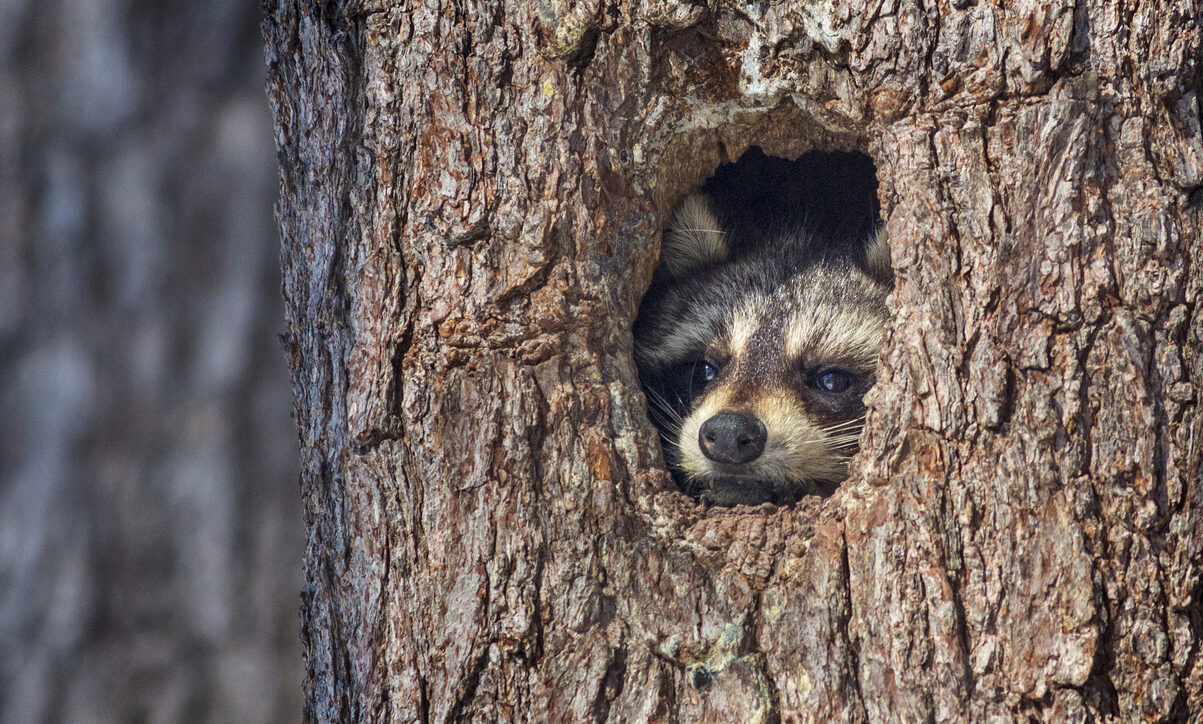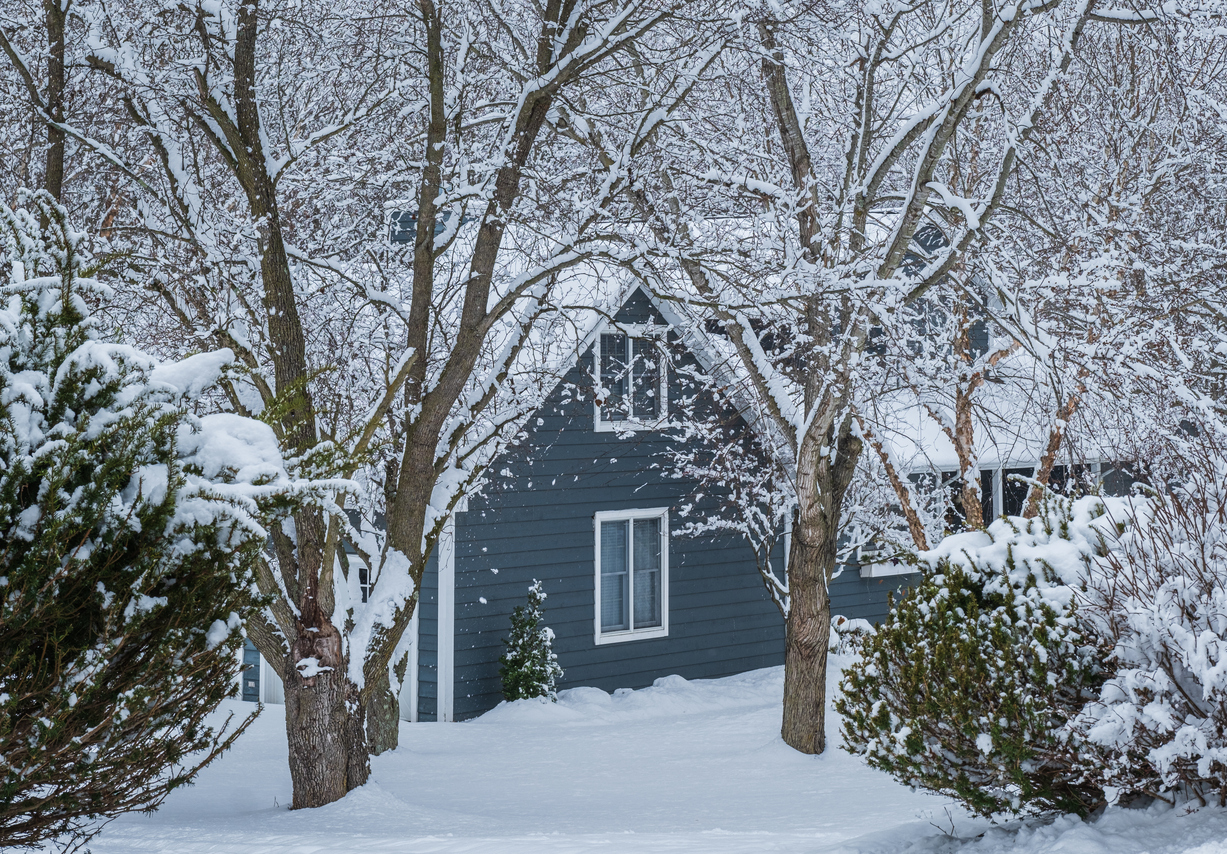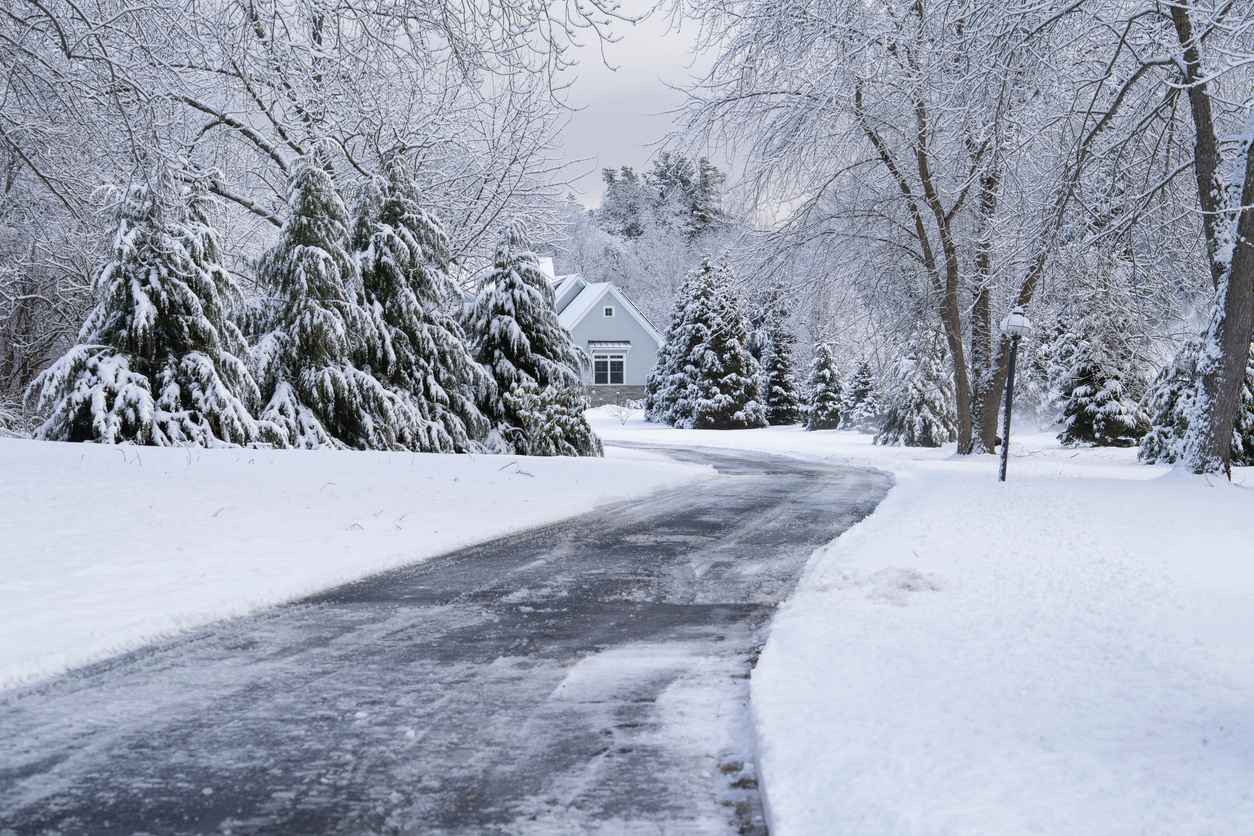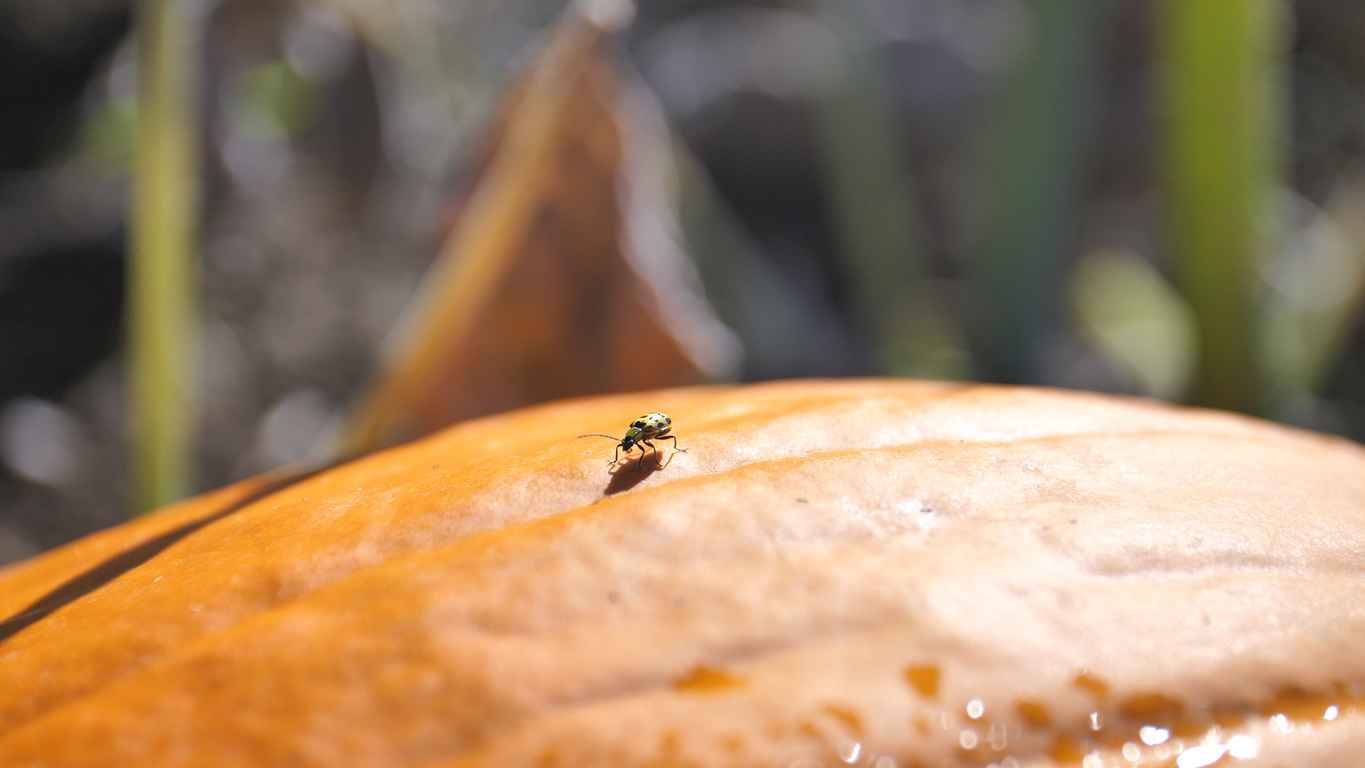
Why And When Do Animals Hibernate?
November 30, 2020
Does anyone really like getting out of their warm, cozy bed on a cold winter day? Imagine sleeping through winter and waking up once the weather is more suitable; this is what hibernation is like for animals!
Each year, many different species survive through the cold temperatures by engaging in the involuntary biological process called hibernation. This process is critical to their survival, and you’ll probably notice some animals in your own backyard foraging for food to help them prepare leading up to winter.
Read up on this fascinating process and learn about hibernation in a nutshell with us:
Why Do Animals Hibernate?
When winter approaches, animals have to decide if they can survive and deal with the cold temperatures and all this season has to offer, or are they going to leave. During winter, food is often buried beneath the snow, water sources are frozen, and frigid temperatures can hurt and pierce through skin and fur, making this an unforgiving and challenging time of year for outdoor animals. Many different species have evolved to deal with these hardships, while others have adapted to avoid them altogether by hibernating!
How Does Hibernation Work?
When an animal goes into hibernation, similar to a long sleep, their body temperature, breathing, heart rate, and other metabolic processes slow down dramatically, and they stay inactive to conserve energy. Before this hibernation begins, the animal will typically eat a lot of food and survive off of that stored extra energy. Because of this, animals tend to lose large amounts of weight during this time.
Though some fish species, amphibians, reptiles, and birds are known to sleep and live dormant for extended periods during the colder months, hibernation is generally a process only associated with mammals. The length of this process, the intensity, and when it starts can vary greatly depending on the species and their location. During hibernation, some species will go days or even weeks without walking, drinking, eating, or relieving themselves.
Once hibernation is over, the animal “wakes up” and will be weak and maybe even tired. They must work to recover quickly and find new food and water resources to help them survive this drastic change. If the animal could not store up enough energy before hibernation begins, it’s possible they will not survive through winter, but the risk is always worth it for them and their survival.
Property Maintenance in Fairfield County
Let the professionals handle the hard work of maintaining your property during the fall season. Ambrosio Landscaping Solutions can exceed your expectations and ensure that your property is always looking and performing its best. Give us a call at (203) 762-5167 to learn more.
Recent News

How Snow and Ice Impact Your Landscape
January 30, 2026

Outdoor Living Trends for 2026
January 22, 2026

How Freeze–Thaw Cycles Impact Your Hardscape
December 31, 2025

The Best Winter Activities to Enjoy on Your Backyard Ice Rink
December 18, 2025

Why a Well-Maintained Landscape Adds Value Year-Round
November 20, 2025

Perennials to Plant This Fall for a Vibrant Spring Garden
November 17, 2025

